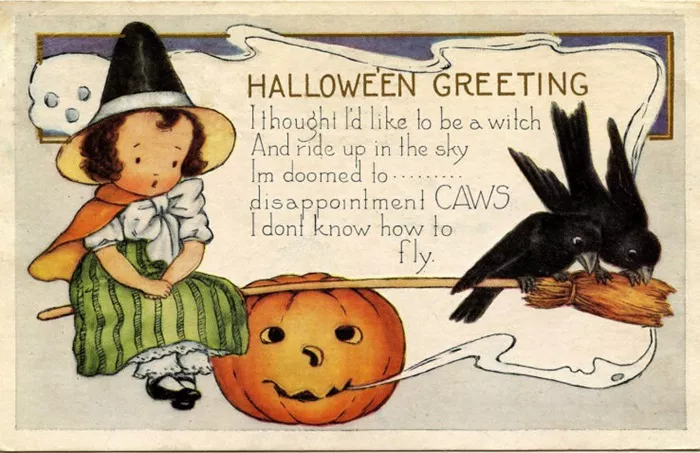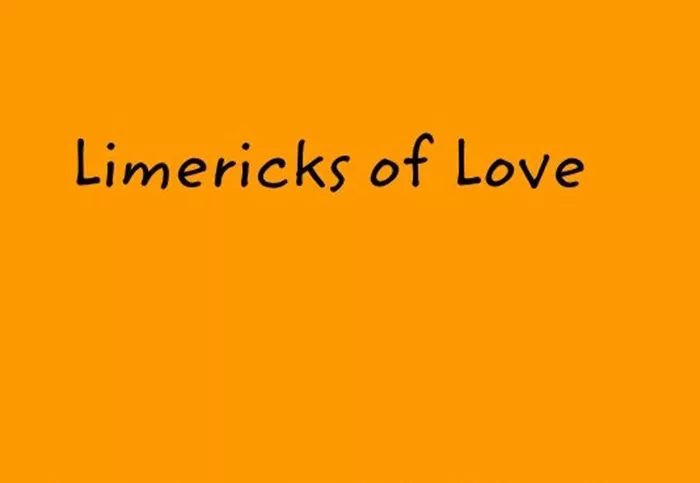Limerick poets are known for their playful, whimsical verses characterized by a distinct AABBA rhyme scheme. This light-hearted form often features humorous themes, clever wordplay, and a lively rhythm, making limericks popular in both traditional and contemporary poetry.
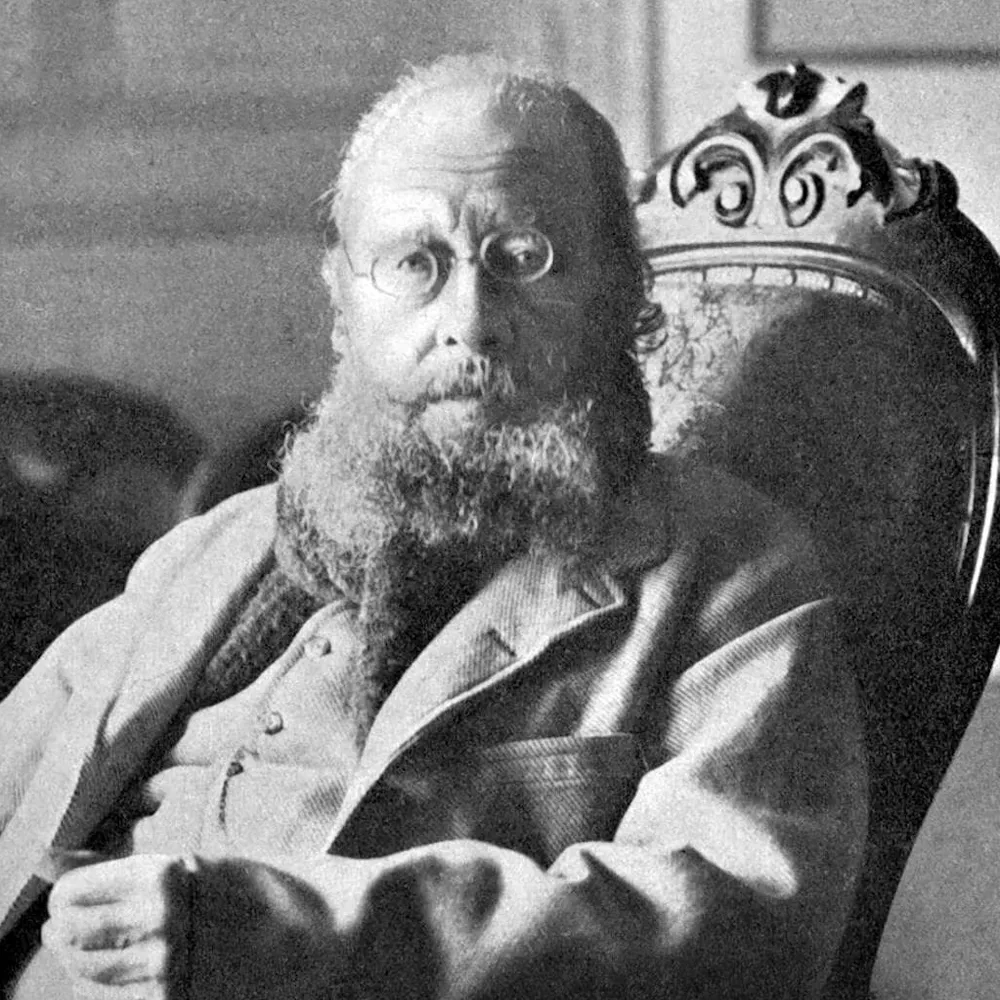
Edward Lear
Edward Lear (1812–1888) is known as the father of the limerick. His “A Book of Nonsense” introduced whimsical verses filled with absurd characters and playful language. Lear’s work established the limerick as a beloved form of poetry, characterized by its humor and rhythmic charm, influencing countless poets and entertaining children and adults alike.
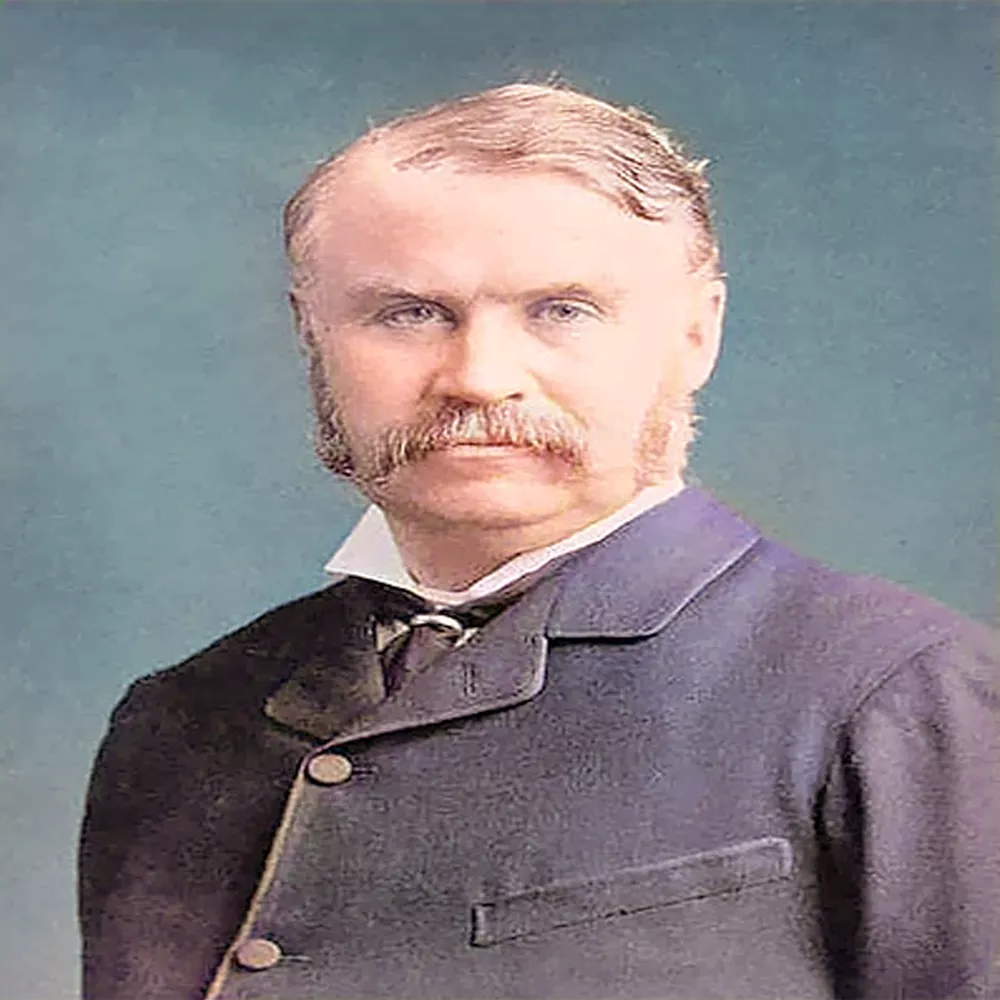
W.S. Gilbert
W.S. Gilbert (1836–1911) was a playwright and poet, famous for his collaborations with composer Arthur Sullivan. His limericks showcase his sharp wit and social satire, often featuring clever rhymes and humorous twists. Gilbert’s talent for blending comedy and critique makes his limericks a significant part of English literature.
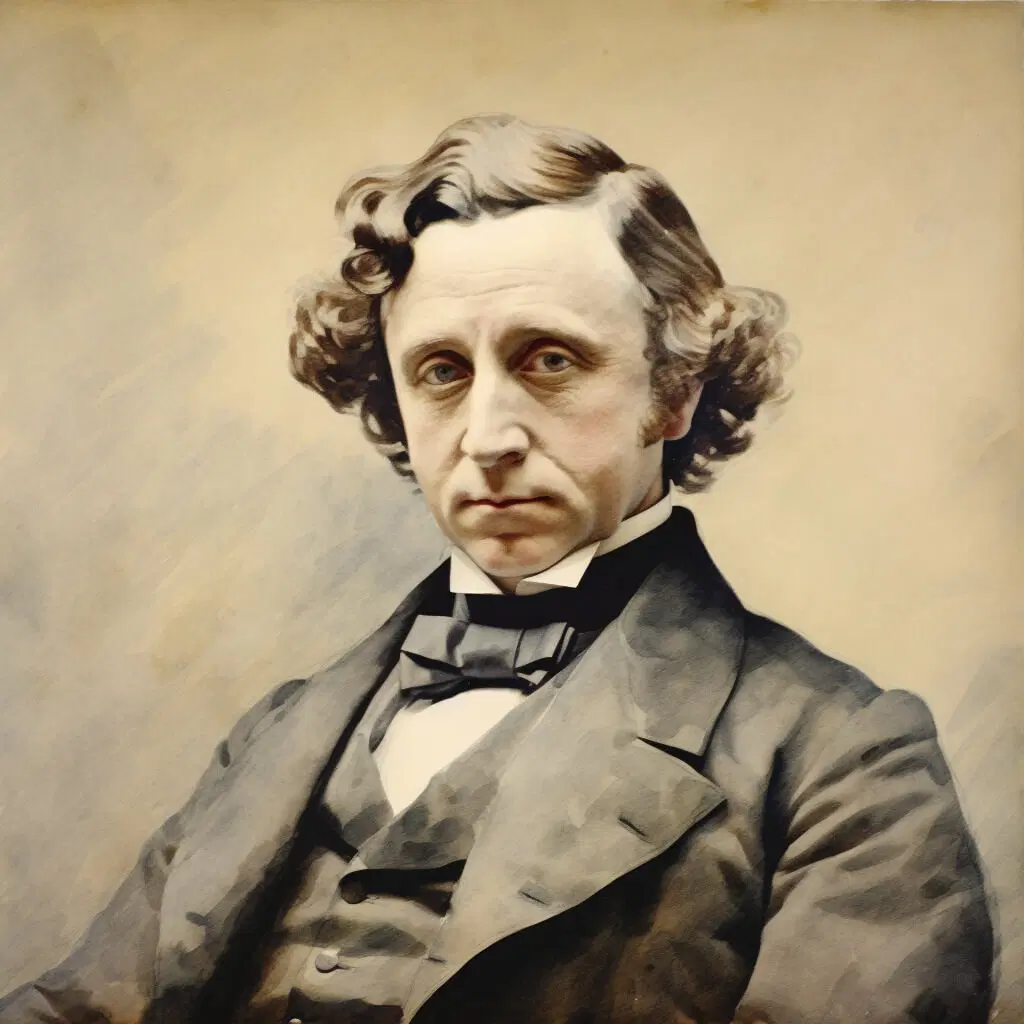
Lewis Carroll
Lewis Carroll (1832–1898), renowned for “Alice’s Adventures in Wonderland,” also crafted delightful limericks. His poem “The Hunting of the Snark” exemplifies his love for playful nonsense and logic games, captivating readers with its whimsical characters and absurd plots, making a lasting mark on children’s literature.
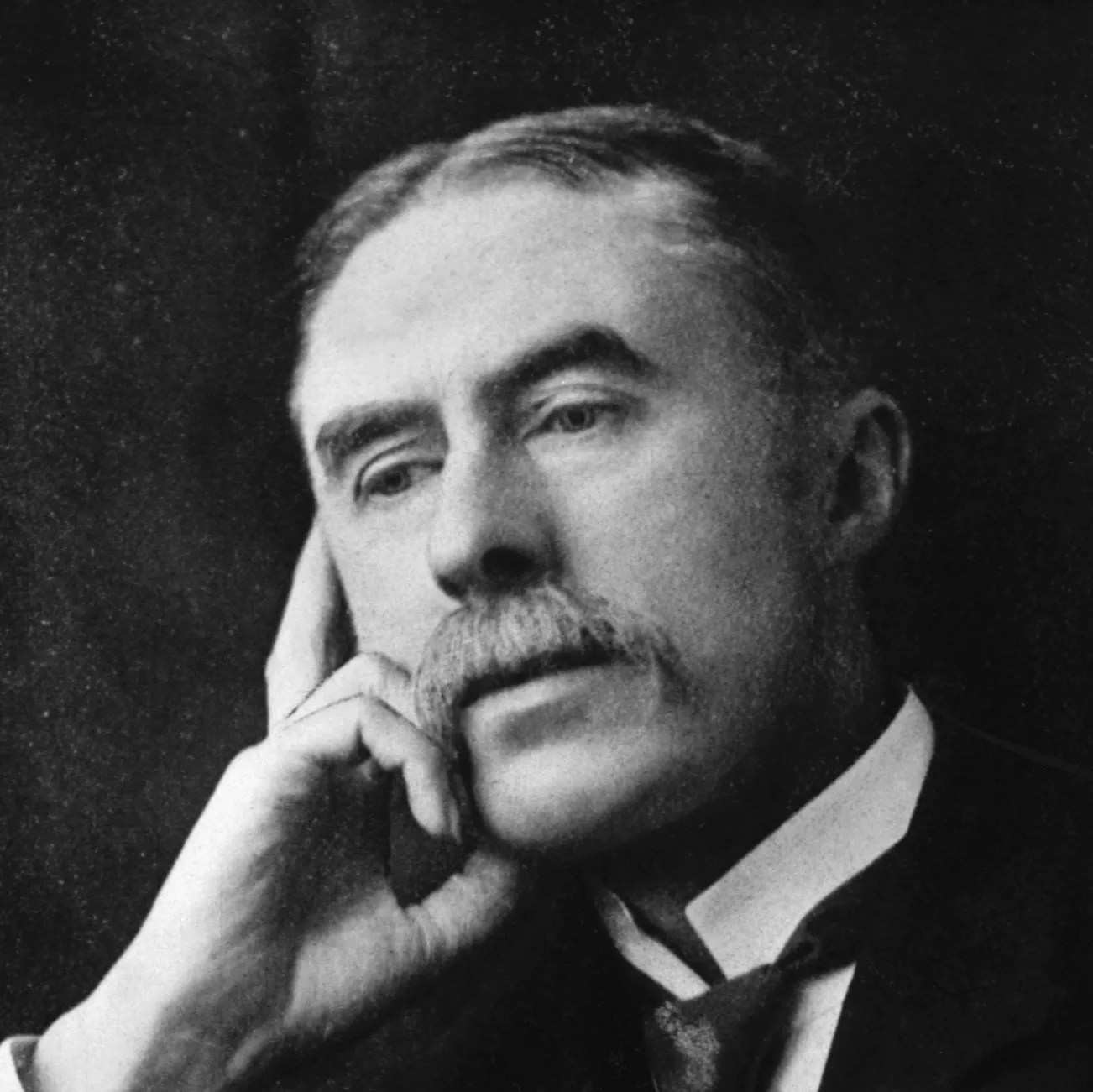
A.E. Housman
A.E. Housman (1859–1936) is best known for his poignant poetry, yet he also wrote engaging limericks that reflect his sharp wit. His lighter verses often blend humor with deeper themes of love and loss, showcasing his versatility and inviting readers to explore complex emotions in a playful format.
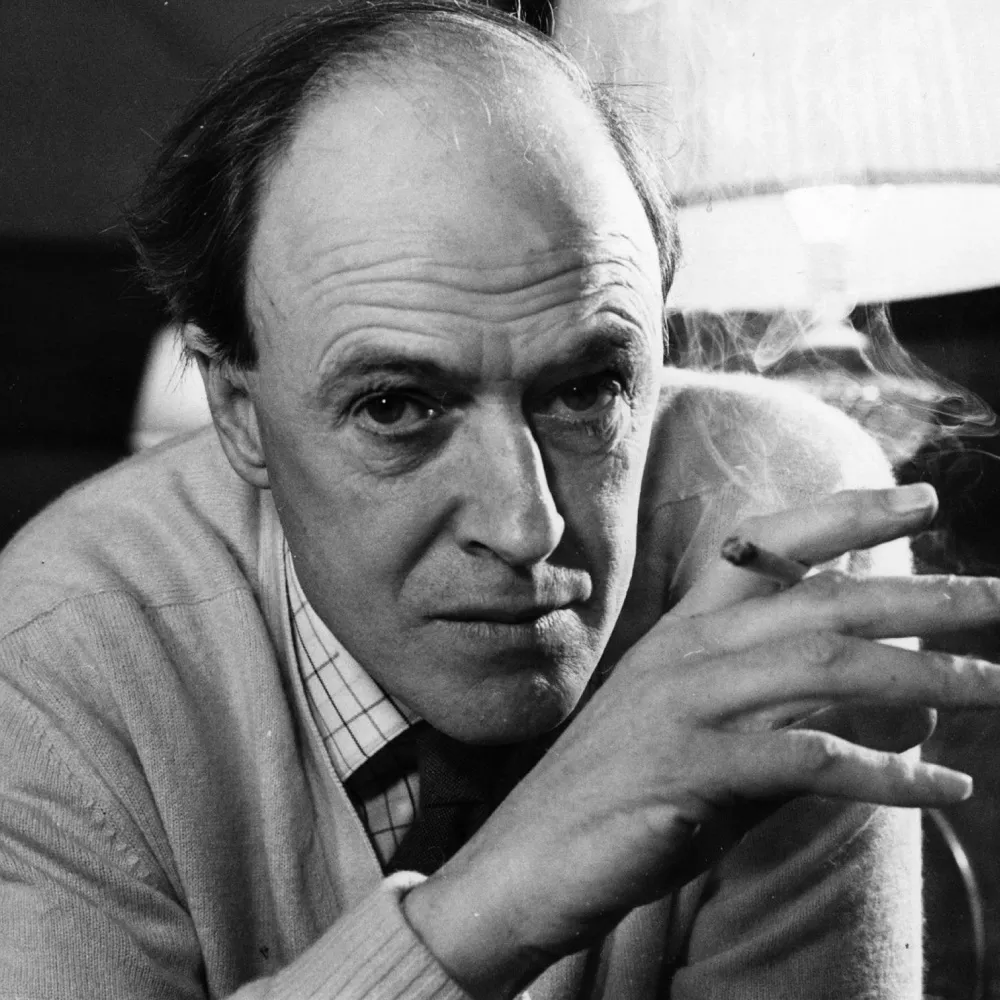
Roald Dahl
Roald Dahl (1916–1990) is celebrated for his imaginative children’s tales, including limericks in “Revolting Rhymes.” Dahl’s poems cleverly twist traditional fairy tales with humor and moral lessons, captivating readers while encouraging them to think critically about familiar stories through playful language.
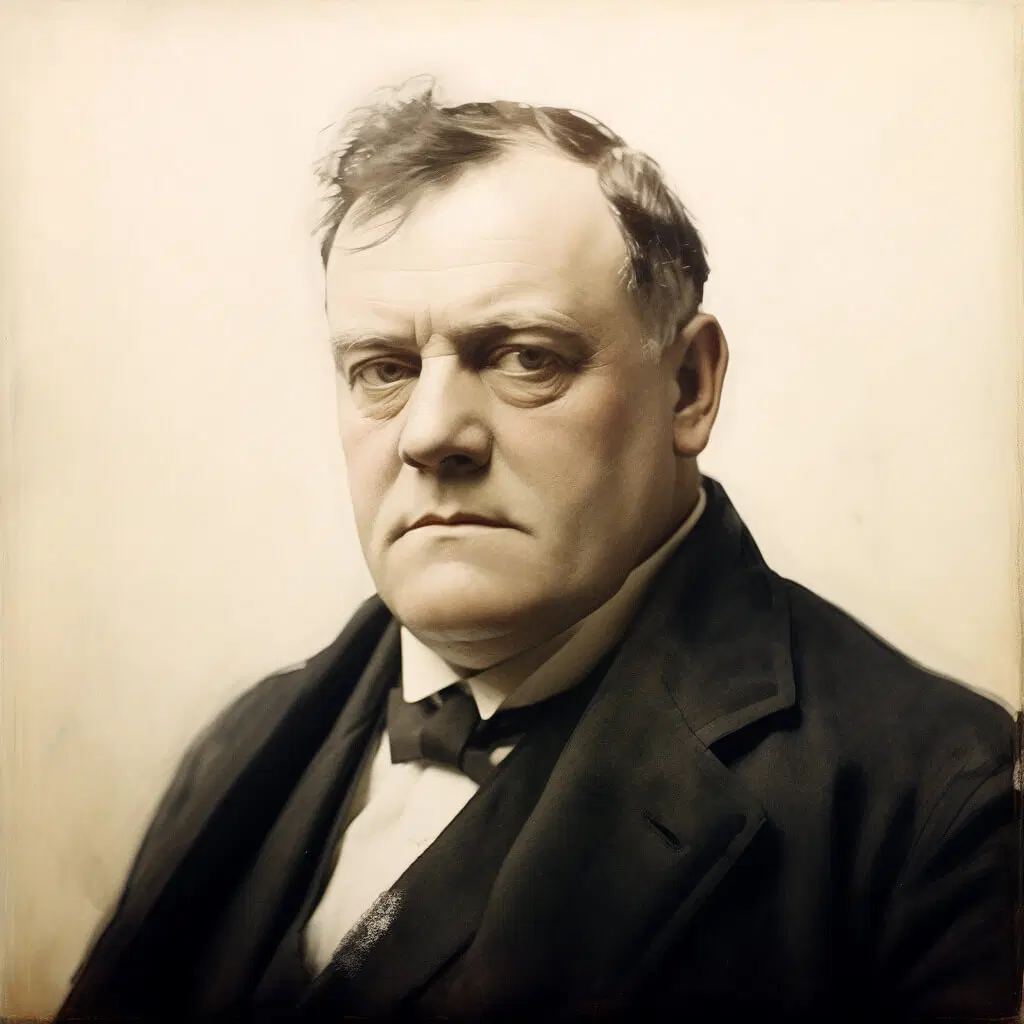
Hilaire Belloc
Hilaire Belloc (1870–1953) was a British writer known for his satirical edge. His “Cautionary Tales for Children” features limericks that humorously impart moral lessons with irony. Belloc’s playful rhymes and engaging narratives make complex themes accessible, leaving a lasting impact on children’s literature.
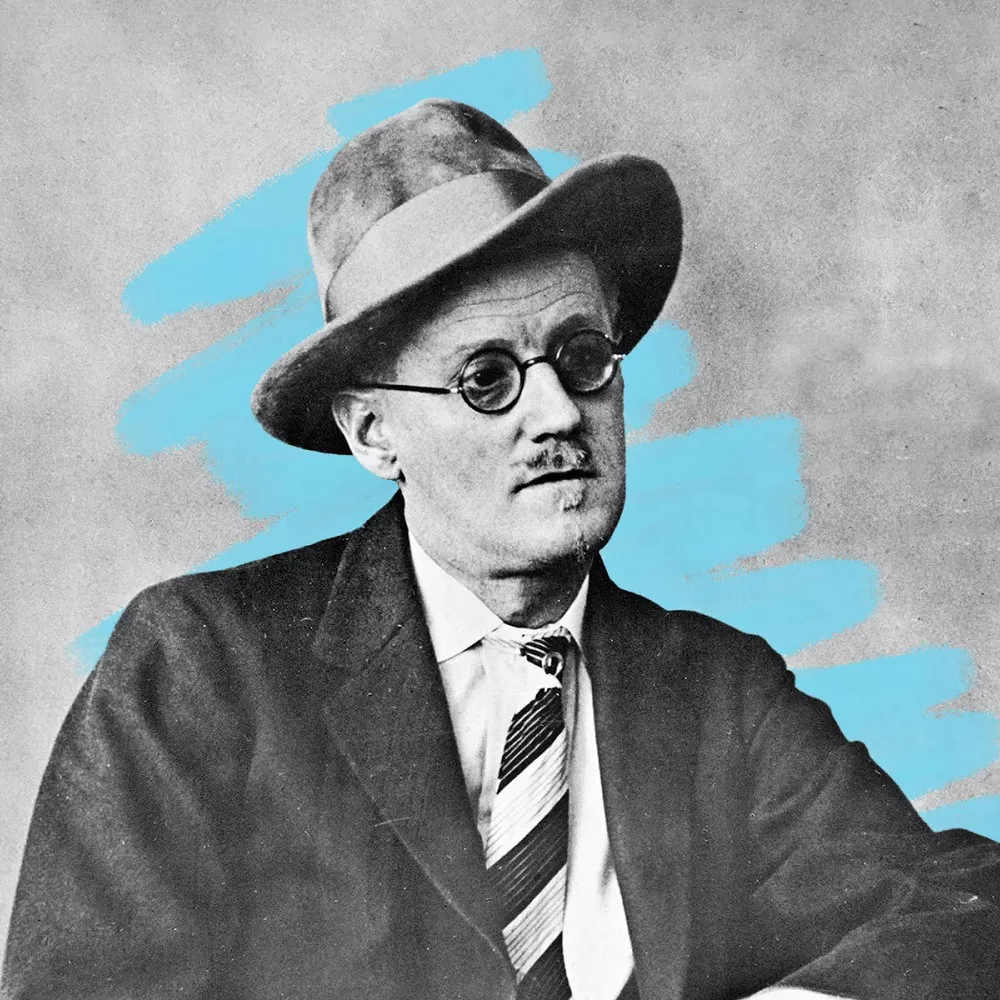
James Joyce
James Joyce was an Irish novelist and poet, renowned for his innovative narrative techniques and complex characterizations. Born in Dublin in 1882, he is best known for his groundbreaking works, including “Ulysses,” which revolutionized modern literature with its stream-of-consciousness style. Joyce’s other significant works include “A Portrait of the Artist as a Young Man” and “Dubliners,” reflecting his deep connection to his native city. His literary contributions have had a lasting impact, influencing countless writers and shaping the modernist movement.
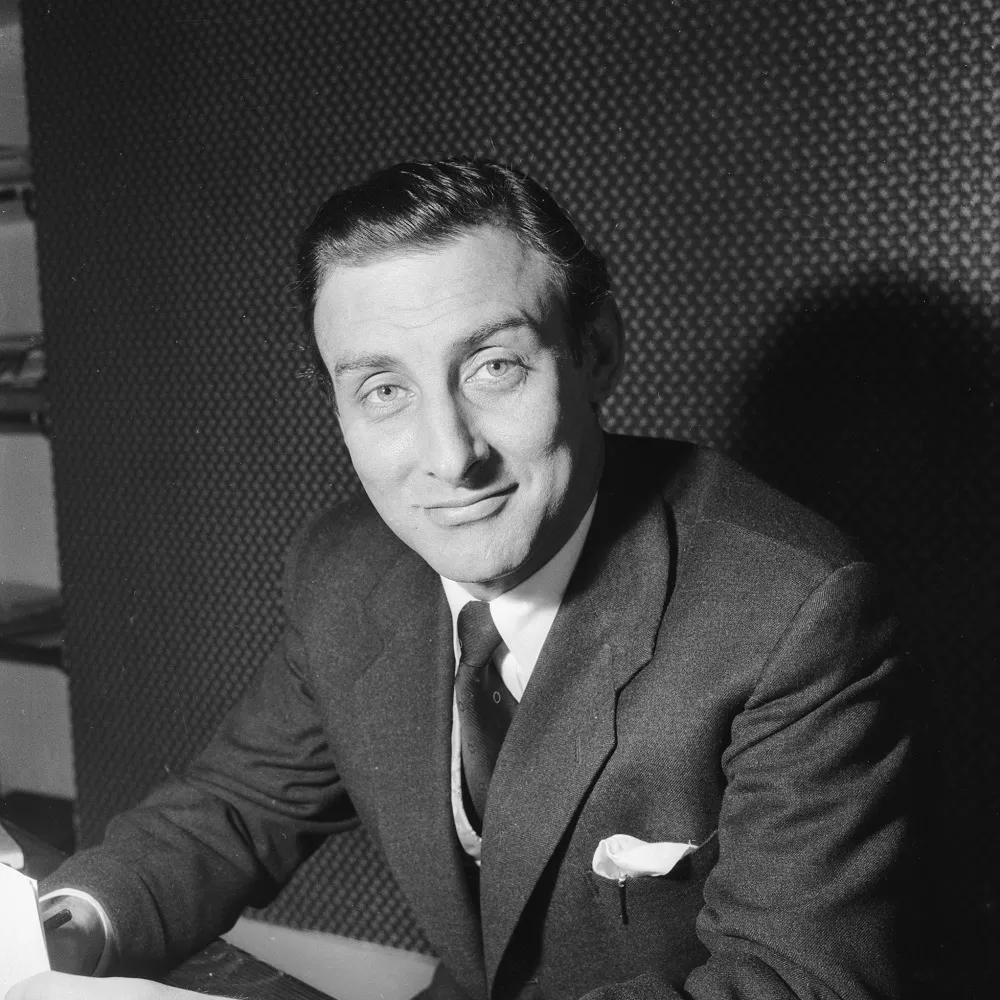
Spike Milligan
Spike Milligan was a groundbreaking Irish-British comedian, writer, and musician, best known for his innovative work in the realm of comedy. Born on April 16, 1918, in India, he gained fame as a member of the iconic comedy group The Goon Show, which blended absurdist humor with unique sound effects. Milligan’s prolific career spanned radio, television, and literature, with notable works including his war memoirs and children’s books. His irreverent style and whimsical wit have left a lasting impact on comedy.
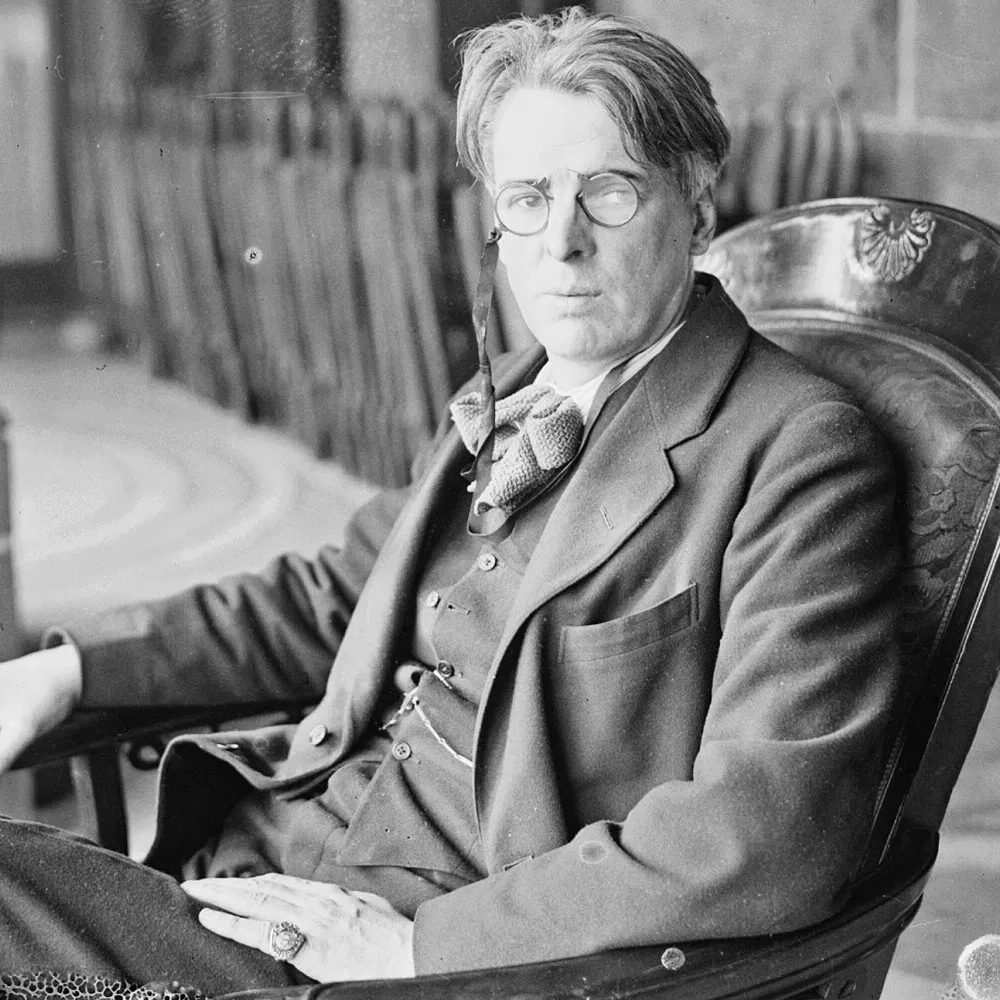
William Butler Yeats
William Butler Yeats (1865–1939) was an influential Irish poet, dramatist, and one of the foremost figures of 20th-century literature. A key player in the Irish Literary Revival, Yeats’s work reflects a deep engagement with Irish mythology, mysticism, and nationalism. His poetry, marked by its lyricism and symbolism, explores themes of love, aging, and the human experience. In 1923, he was awarded the Nobel Prize in Literature, solidifying his legacy as a literary giant.
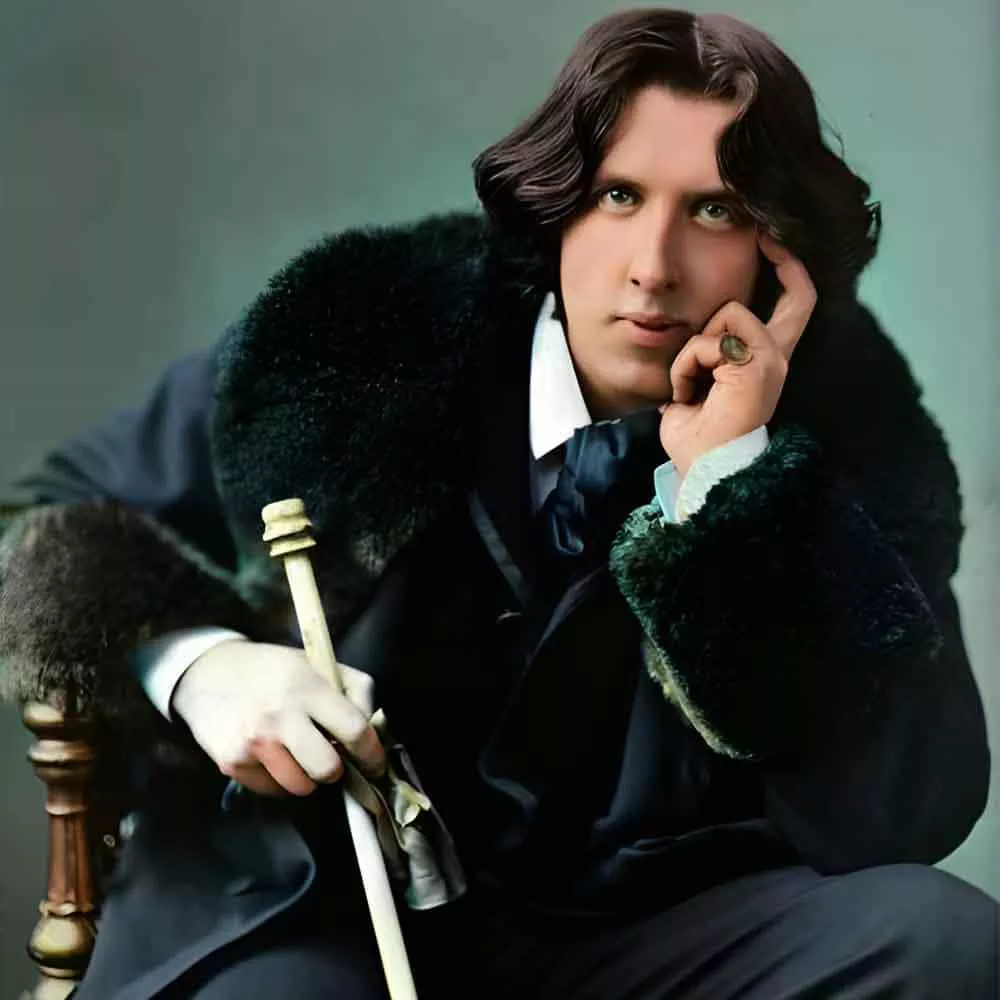
Oscar Wilde
Oscar Wilde (1854–1900) was an Irish poet, playwright, and novelist renowned for his wit, flamboyant style, and sharp social commentary. A leading figure of the Aesthetic Movement, he championed “art for art’s sake.” His most famous works include “The Picture of Dorian Gray” and “The Importance of Being Earnest,” which explore themes of beauty, morality, and the complexities of human relationships. Wilde’s life was marked by scandal, culminating in imprisonment due to his sexuality, but his legacy endures in literature and culture.
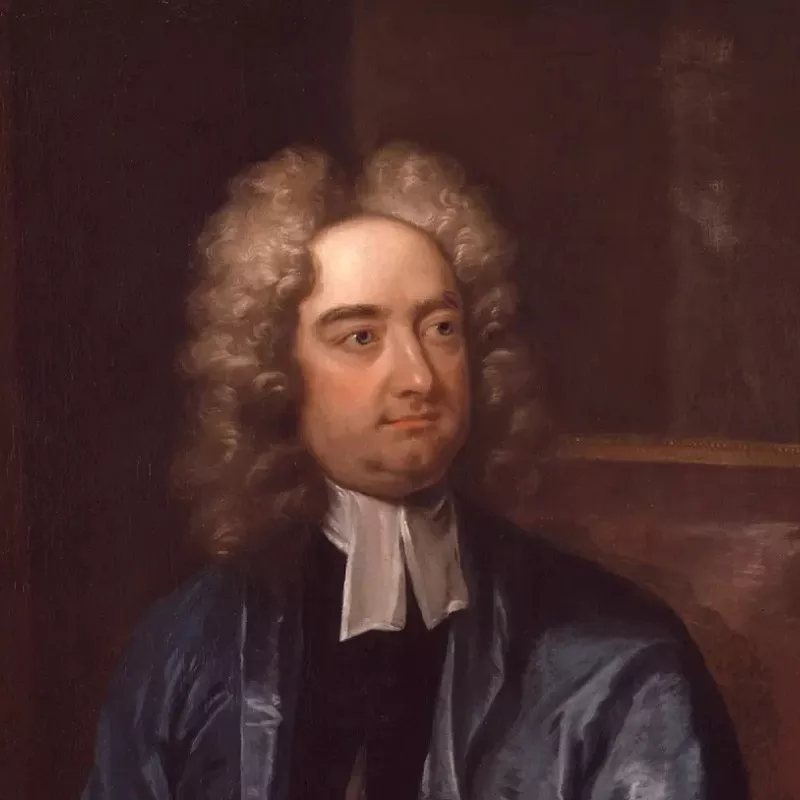
Jonathan Swift
Jonathan Swift (1667–1745) was an Irish writer, satirist, and political pamphleteer, renowned for his sharp wit and social commentary. Best known for his seminal works, Gulliver’s Travels and A Modest Proposal, Swift used satire to critique society, politics, and human nature. A prominent figure in the Scriblerus Club, he advocated for social reform while often addressing the absurdities of his time. His unique blend of humor and philosophy continues to influence literature and political thought today.
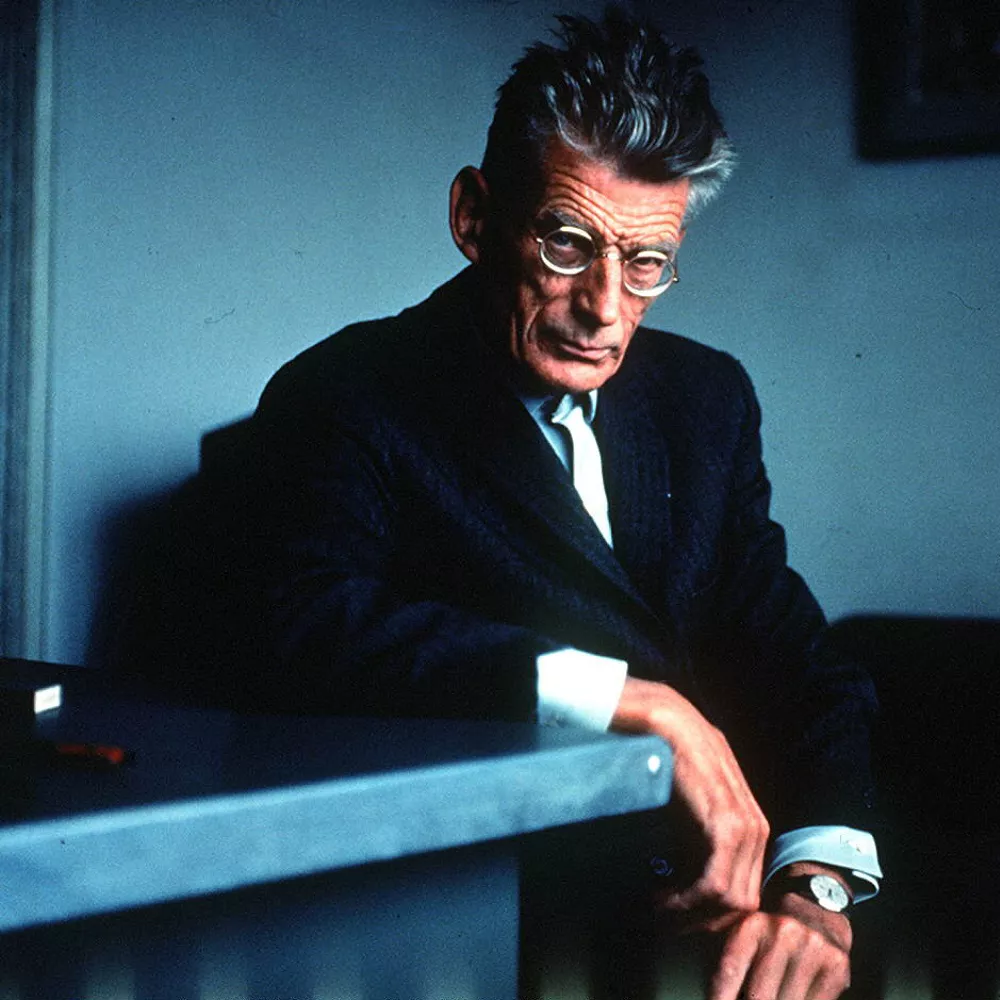
Samuel Beckett
Samuel Beckett was an Irish playwright, novelist, and poet, best known for his groundbreaking work in the Theatre of the Absurd. Born on April 13, 1906, in Dublin, he gained international acclaim for his play “Waiting for Godot,” which explores existential themes of waiting and meaninglessness. Beckett’s distinctive style, characterized by sparse dialogue and profound philosophical insights, revolutionized modern drama. He received the Nobel Prize in Literature in 1969, leaving a lasting legacy in literature and theatre.



